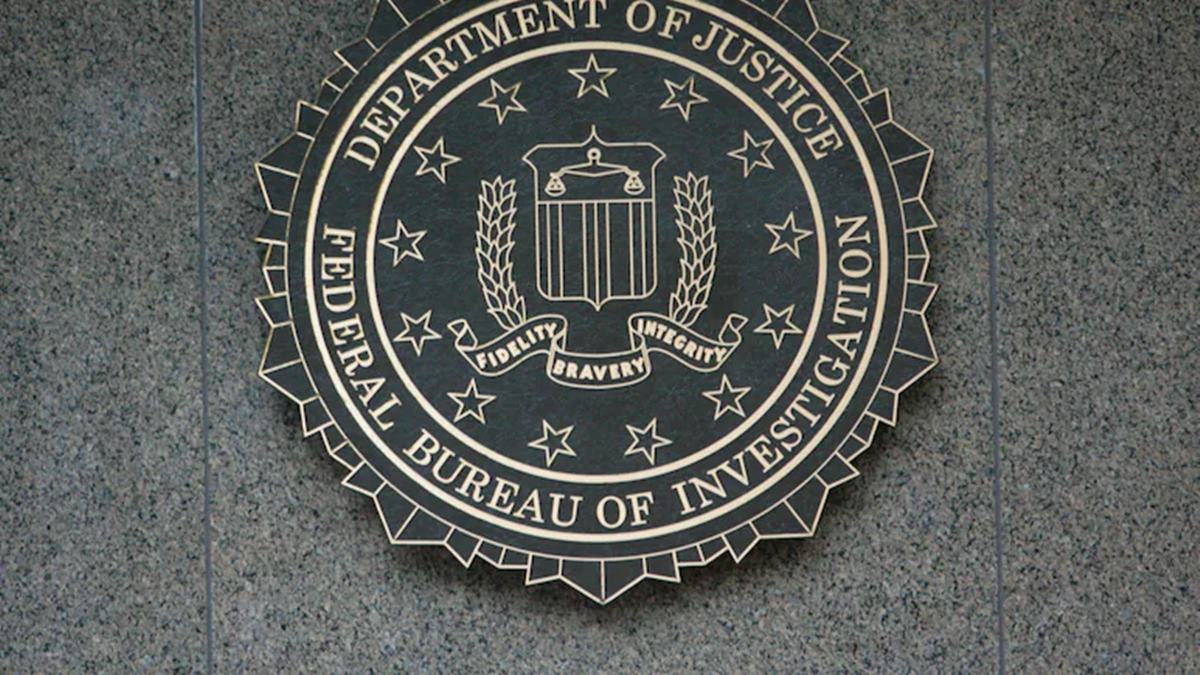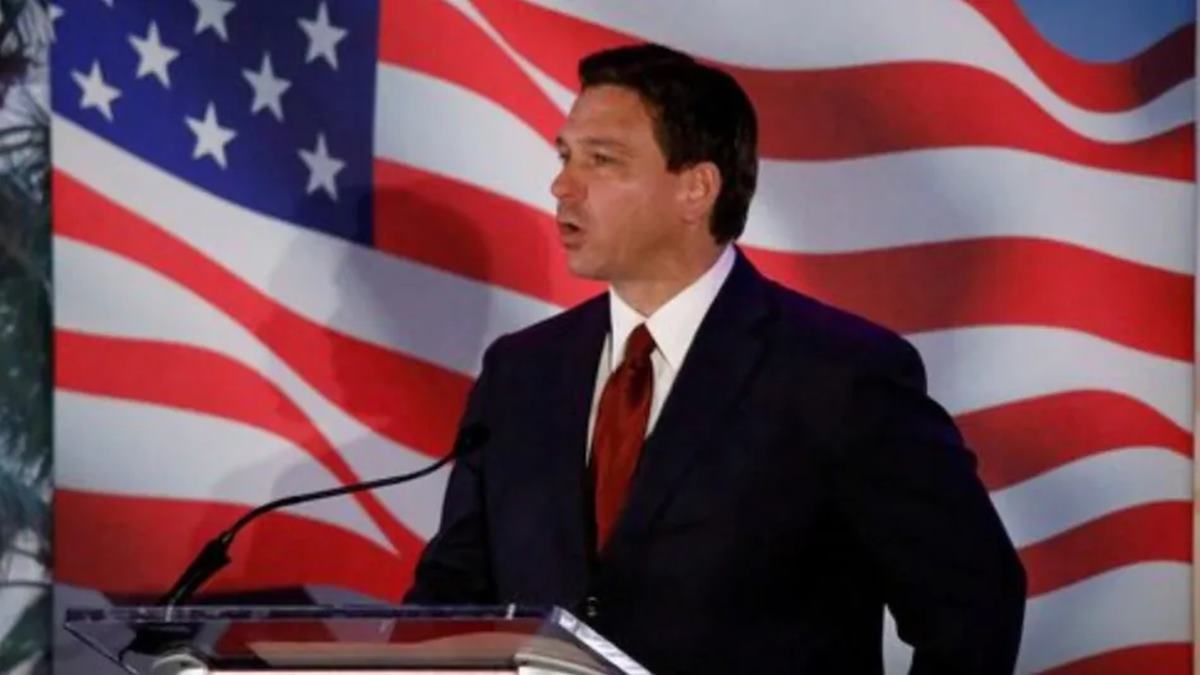If you’ve ever thought HR is just about handing out ID cards and organising Zumba sessions on Fridays, congratulations: you’ve believed one of corporate life’s most stubborn myths.
The perception is simple. HR = administration. Offer letters, payroll, birthday cakes, compliance forms. Easy stuff, right? After all, how hard can it be to send a welcome email with emojis?
The reality: HR is a daily obstacle course of paradoxes that would make Kafka sweat. It’s being the rule enforcer and the counsellor, the strategist and the scapegoat, the person who hires you in the morning and fires you in the evening — all while making sure your salary doesn’t bounce.
Paradox #1: Enforcer vs Empath
“Employees mostly experience HR through payroll or compliance,” says Ramesh Mitragotri, group executive president-HR, Aditya Birla Group. “So they assume anyone can do it. What they don’t see are the paradoxes — short-term vs long-term growth, cost control vs talent investment, organisational interest vs individual aspirations.”
“Employees mostly experience HR through payroll or compliance. So they assume anyone can do it. What they don’t see are the paradoxes — short-term vs long-term growth, cost control vs talent investment, organisational interest vs individual aspirations.”
Ramesh Mitragotri, Group Executive President-HR, Aditya Birla Group
Translation: HR is both the policeman writing you a ticket and the agony aunt telling you it’s not your fault.
Paradox #2: Happy Face vs Cultural Architect
When you join, HR smiles, hands you a welcome kit, maybe even a branded water bottle. But behind that smile is someone silently worrying whether you’ll quit in three months because your manager didn’t like your WhatsApp DP.
“You can be a happy face or you can integrate talent into the culture,” says Tanmay Chauhan, director-HR, Dover Fueling Solutions India. “Transitions are complex — generational differences, unspoken expectations. Without HR cushioning the shift, you risk disengagement or exits.”
“You can be a happy face or you can integrate talent into the culture. Transitions are complex — generational differences, unspoken expectations. Without HR cushioning the shift, you risk disengagement or exits.”
Tanmay Chauhan, Director-HR, Dover Fueling Solutions India
In short, onboarding isn’t about water bottles. It’s about making sure you don’t ghost the company faster than you ghost your college friends.
Paradox #3: Strategist vs Therapist
HR meetings are rarely about payroll. They’re about telling loyal employees their jobs are gone, restructuring teams without triggering riots, or dealing with grievances that built up like bad plumbing.
“Grievances don’t suddenly appear; they build over time,” Mitragotri says. Which is HR-speak for: by the time you hear it, it’s already a full-blown explosion.
“When you sit across from someone whose life is disrupted by a decision, balancing compassion with business rationale defines true HR leadership.”
Praveen Purohit, Deputy CHRO, Vedanta
Praveen Purohit, deputy CHRO, Vedanta, puts it more bluntly: “When you sit across from someone whose life is disrupted by a decision, balancing compassion with business rationale defines true HR leadership.”
Or, to paraphrase: try explaining to someone they’ve been laid off for the greater good without getting coffee thrown at you.
Paradox #4: Scapegoat vs Saviour
If attrition is low, managers take the credit. If attrition spikes, everyone points at HR. If the onboarding is smooth, nobody notices. If it goes wrong, HR gets roasted on Glassdoor.
“When HR prevents attrition, no one notices. When attrition spikes, HR is blamed,” Purohit says. Easy job? Sure, if you enjoy thankless labour.
Paradox #5: Administrator vs Futurist
HR is also expected to be a clairvoyant. What skills will Gen Z want? What will AI automate? How do you hire someone who hasn’t yet been invented?
“Every brilliant business strategy depends on people,” says Purohit. “HR ensures the right people are motivated, equipped and retained to deliver it.”
Meanwhile, the same HR is being told the Wi-Fi password isn’t working.
The great irony
If HR were a football player, it would be the goalkeeper. No one notices them until something goes wrong. And when it does, everyone shouts.
So next time you roll your eyes at HR for sending that compliance reminder, remember: they are also the ones silently preventing your manager from giving your appraisal feedback in Comic Sans.
As Chauhan points out, “HR must sense market shifts, redesign policies, often before others realise the need.” In other words: they’re the ones playing chess while everyone else is playing Ludo.
HR is not easy. It’s a paradox factory. It’s the department that hires you, pays you, counsels you, disciplines you, and sometimes escorts you out — all while being blamed for the cafeteria food.
So yes, HR is simple. Simple in the way tightrope walking over a volcano is simple: just don’t fall.




















